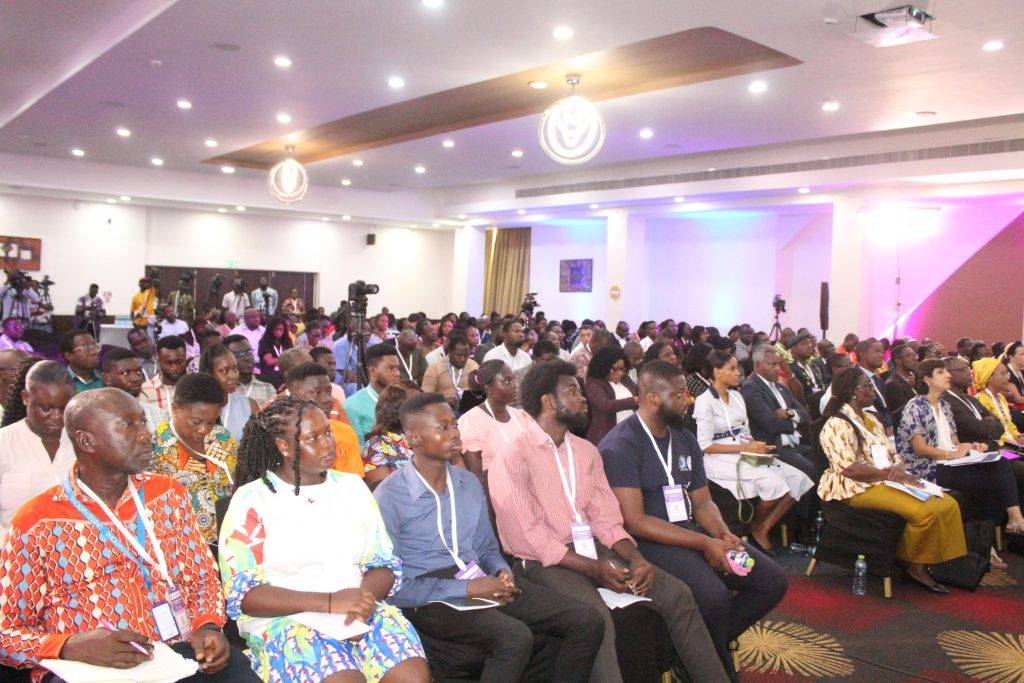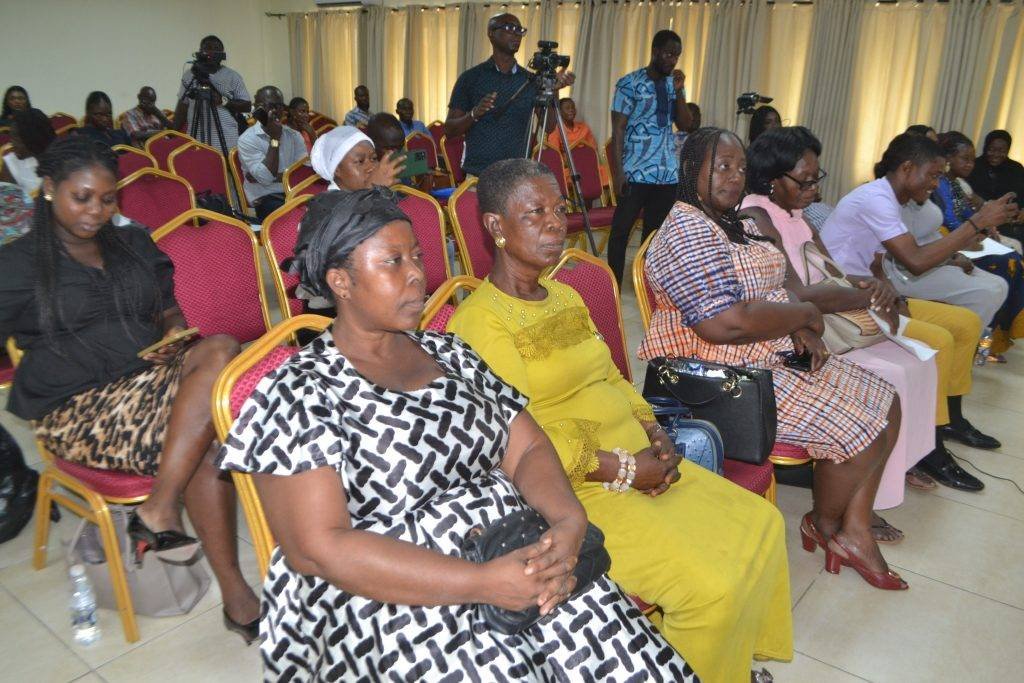
Menstrual irregularities can have a variety of causes.
Some women get through their monthly periods easily with few or no concerns.
However, other women experience a host of physical and/or emotional symptoms just before and during menstruation.
Most women have menstrual periods that last four to seven days. A woman's period usually occurs every 28 days, but normal menstrual cycles can range from 21 days to 35 days.
You can bleed anywhere between two and seven days, and this is considered normal. However, if you notice any sudden change, you must be wary of the signs.
If you're experiencing abnormalities in your menstrual cycle, it could be because of one of these 5 menstrual disorders.
- Painful cramps
Everyone experiences a little bit of period pain or cramping. But severe and frequent cramps are known as dysmenorrhoea. This occurs as a result of abnormal contractions in your uterus during the menstrual cycle.
Pain is often seen in the lower abdomen but can spread to the lower back and thighs. Dysmenorrhea can be classified as primary or secondary. Primary dysmenorrhoea means cramping pain due to menstruation. Secondary dysmenorrhoea is pain that accompanies endometriosis, pelvic infections, uterine fibroids or any other condition.
- Skipped period
When you consistently skip your period, it is termed Amenorrhoea. There are 2 types, such as primary amenorrhoea and secondary amenorrhoea. Primary amenorrhoea is seen when a girl does not menstruate even after turning 16. Secondary amenorrhea means the periods that were regular earlier but now have stopped for at least 3-4 months. It can occur due to obesity, excessive exercise, or an eating disorder.
- Light periods
Light periods are also called Hypomenorrhea. Hypomenorrhea is the medical term for a period that lasts less than two days and has reduced blood flow. It may be caused by hormone imbalance, stress, or pregnancy. Low body fat and premature ovarian failure are two more potential causes of it. While it is possible for this to happen at any stage of a woman’s life, it seems to happen more frequently right before menopause or after adolescence.
- Heavy bleeding
Period blood volume changes from woman to woman. But it also changes throughout your life. You may be suffering from heavy bleeding or menorrhagia if you soak through one or more pads or tampons every three hours. This is commonly seen in a majority of women. It can be associated with fibroids, pregnancy issues such as miscarriage or ectopic pregnancy, and cancer. It is seen because of hormonal imbalance, uterine fibroids, and pelvic inflammatory disease.
- Oligomenorrhea (infrequent period)
The average menstrual cycle lasts 28 days. Oligomenorrhea is when the cycle extends. When one doesn’t get a period for 35 days or more and, as a result, has only four to nine periods each year, it is known as oligomenorrhea.” It occurs in women of childbearing age due to excessive weight and stress.
Read Full Story



















Facebook
Twitter
Pinterest
Instagram
Google+
YouTube
LinkedIn
RSS